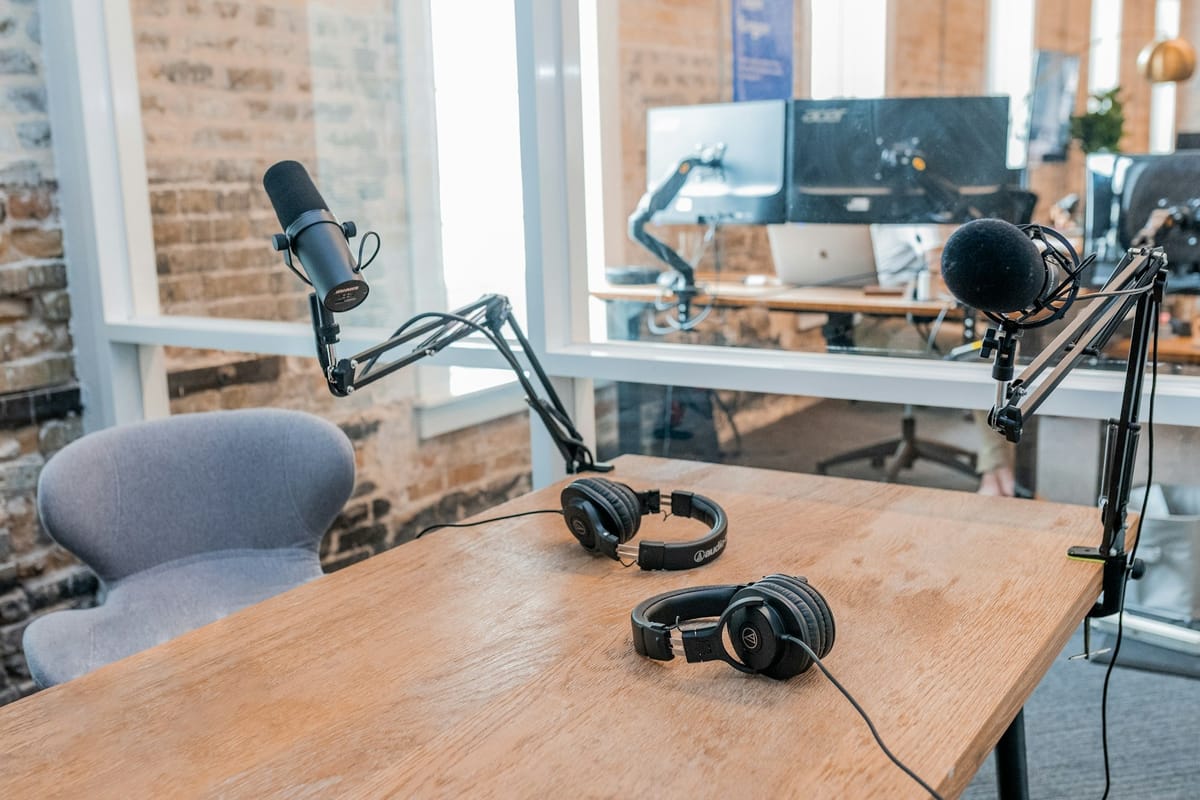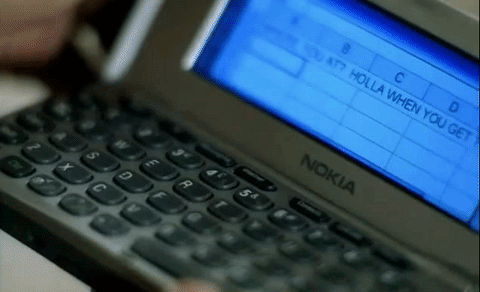CBC Threatens Podcast Makers

If you know me, you know that I'm a huge fan of podcasts, so much so that I've almost all but stopped listening to music. Podcasts have been going through a bit of a renaissance over the last couple of years, and I honestly believe that they are the future of audio.
Lately, I've been trying to find more Canadian content, because the majority of what I listen to is made and produced in America, and is intended for that demographic. The thing is that there is very little Canadian podcast content being made, and within that small pool, only a handful of those are actually any good. Several of the podcasts that the CBC produces, and others like CANADALAND, are what stand out to me, which is what the CBC is now doing is so shocking to me.
Earlier today, Corey Doctorow, wrote on boingboing that the CBC is threatening third party podcast developers with legal action. According to the CBC, making an app that pulls down publicly available RSS feeds is a violation of the organization's copyrights and Terms of Service. Either the CBC has no idea what it's talking about, or it genuinely doesn't understand how RSS and the internet works as a whole.
As Corey Doctorow said,
This is a revival of an old, dark era in the web's history, when linking policies prevailed, through which publishes argued that they had the right to control who could make a link to their sites -- that is, who could state the public, true fact that "a page exists at this address."
What the CBC is essentially arguing here is that making a tool that simply allows someone to load a public URL without asking for permission first is a violation of copyright law. By that logic, the CBC should go after makers of web browsers. Google is an example of this, because as a for-profit corporation, any time a user of Google's Chrome browser loads up a CBC page without first asking the CBC for permission, Google is violating CBC's copyright.
This in absolutely insane, and completely ignorant of how the internet works. Another example is an internet cafe. You can argue that they are also tools, as they are charging customers to use their computers for a variety of reasons. Would the CBC block these places from accessing their web pages?
And this is where the CBC changes its argument, one from the tool itself to one that profits from ad dollars against its content. The thing is that this isn't any better of an argument, in that RSS readers with ads isn't selling against content any more than a cafe with papers is selling food against content. There are no ads displayed against CBC content. The ads in question are being displayed on the user's screen, computer, phone, or tablet, in a space provided by the software.
When putting someone on the web that can be linked to, there is an implied license. If you don't want people to load your RSS feed, there's a simple solution - don't publish it. Or, add a password. To argue otherwise is arguing against the open standard of the internet itself. An app that simply collects and brings in a publicly available feed that you yourself have made public is not something that anyone would consider commercial use.
The only thing that comes to my mind is that this is an attempt to strong arm people into using the CBC app to listen to their content instead of the podcast app of their choice. Two things immediately stand out to me, the first being that this doesn't bode well for the quality of CBC's app if they have to use legal threats to suppress competition, and the second being that for a public broadcaster funded by taxpayer dollars, this is completely unforgivable.
The CBC is for the people funded by the people. It is beyond me how a podcast application can be considered to be more than a very limited web browser for media playback. This is incredibly short-sighted and counterproductive on the part of the CBC. In following through with this line of legal action, this will lead to a world in which every content producer is independently licensing with every software developer for independent playback licenses.
If the CBC is trying to force people into using their own app, they will be losing listeners and supporters over the long term. The biggest consequence of mandating individual licenses is that the CBC would be locking itself into arrangements with third parties who will have significant leverage over them, in that they would have to approach developers and likely pay them to unblock their content from being searchable.
I just don't understand why the CBC would want to limit the access to information and content that the public has paid for, again, through our tax dollars.
What's mind boggling is that several CBC podcasts invite listeners to follow them with "your favourite podcast aggregator," or whatever words they use to that exact semantic meaning. I'm not sure what the CBC's endgame is (other than a legal shakedown) but if they are right, then all browsers, including the one you're reading this on, are presumptive unlawful. Hopefully, in the coming days, the CBC's argument will be more nuanced than, "RSS violates our Terms of Service."




